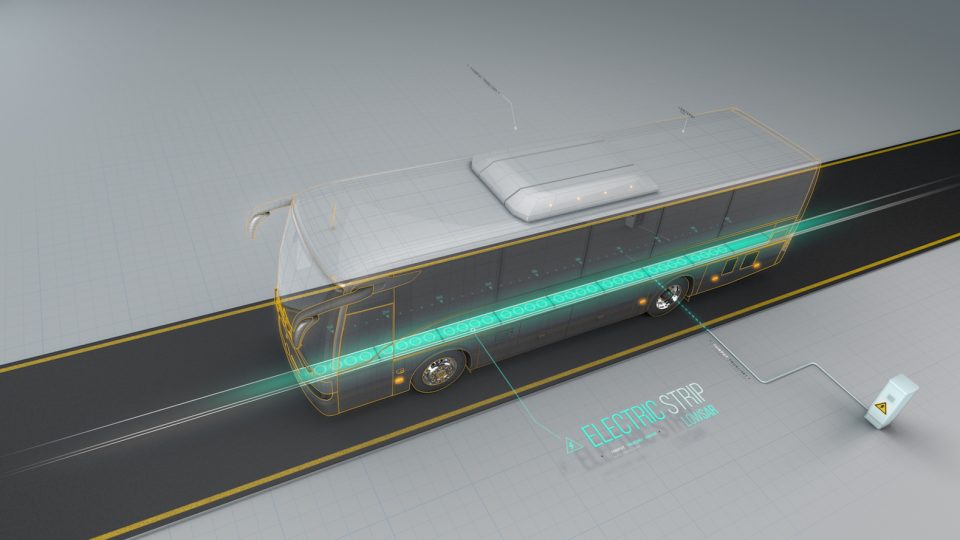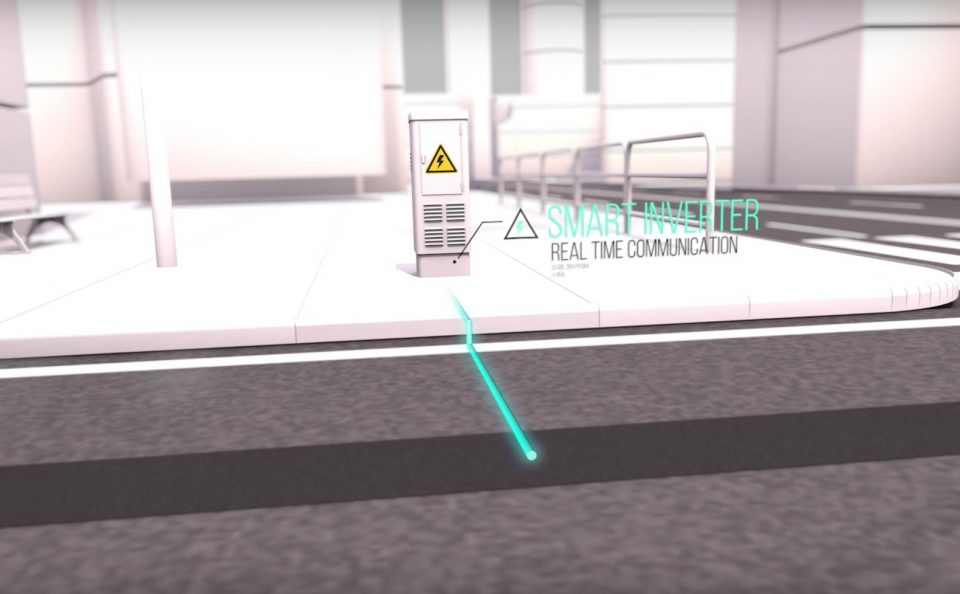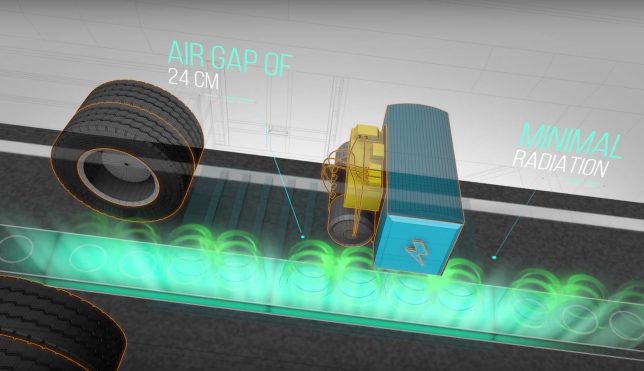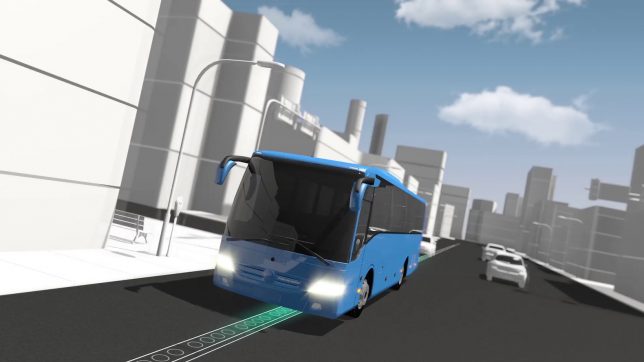A series of roads and public buses in Israel are being retrofitted to test an electromagnetic induction system designed to recharge vehicles on the go, eliminating the cost, time, emissions and waste associated with conventional fuel and refueling stops.
Electroad, an Israeli startup, boasts a relatively straightforward and fast-deploying system compared to competitors. Their copper and rubber chargers can be rolled out at a rate of a close to a half a mile per day into shallow trenches just a few inches deep. The ease of retrofitting is one of the striking advantages of the system — more involved variants can require ripping up substantial sections of pavement, taking longer and costing more to implement.
Their technology has already been tested in controlled settings (small sections of test track outside Electroad’s lab) but will now be demonstrated at scale under real-world conditions along public transit routes. Like other induction technologies, no connection is needed between the vehicle and the road — a radiation-shielded coil simply picks up energy from the lines below, tied into the grid at intervals along the way.
To deploy the system, an asphalt scraper digs a trench while a second vehicle unrolls the the rubber-and-plastic strips. Electric buses following the revamped route will be able to store a charge for any jumps off the invisible grid. That may not sound like much, but the reduced storage capacity means the bus can travel lighter, using less energy and requiring a cheaper battery. Ultimately, the cost and power saved upfront will help pay back for the system installation more rapidly.



